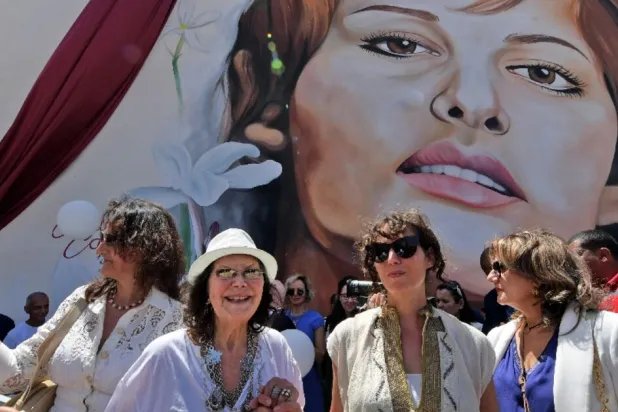Sudan’s military leaders and pro-democracy forces will delay the signing of an agreement to usher in a civilian government, both sides said in a joint statement issued early Saturday.
The postponement of the signing — which had been scheduled for later Saturday — comes as key security reform negotiations between the Sudanese army and the country’s powerful paramilitary Rapid Support Forces appear to have reached a deadlock, The Associated Press said.
A meeting will be held Saturday “to set a new date for signing the final political agreement, which could not be signed on time due to the lack of consensus on some outstanding issues," the statement said.
Sudan has been mired in chaos after a military coup, led by the country’s top Gen. Abdel-Fattah Burhan, removed a Western-backed power-sharing government in October 2021, upending the country’s short-lived transition to democracy.
But last December, the military, the RSF and numerous pro-democracy groups signed a preliminary deal vowing to restore the transition.
In recent months, internationally brokered workshops in Khartoum have sought to find common ground over the country’s thorniest political issues in the hope of signing a more inclusive final agreement.
Chief among the discussion points have been security sector reform and the integration of the RSF into the military — the topic of this week’s talks. But talks ended Wednesday without any clear outcome.
Shihab Ibrahim, a spokesperson for one of the largest pro-democracy groups that signed December's deal, said the army and the RSF have struggled to reach an agreement over the timeline of the integration process.
The army wants a two-year timeline for integration while the RSF has called for a 10-year window, he said.
Spokespersons for the Sudanese army and the RSF did not immediately respond to a request for comment.












